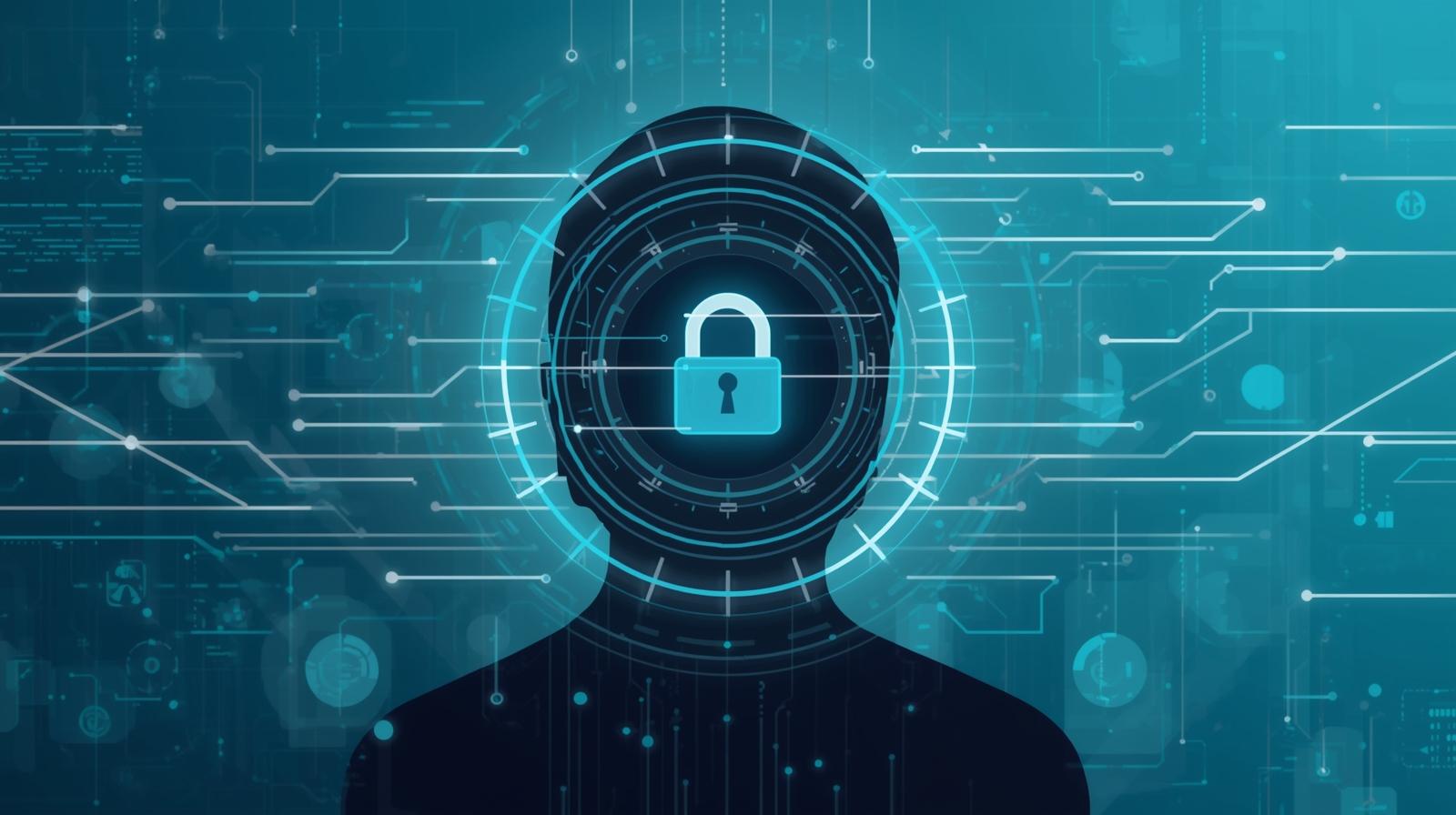
Digital identity verification has become critical for security, compliance, and user trust. However, traditional systems often rely on centralized databases—making them vulnerable to breaches, data misuse, and identity theft.
According to Juniper Research, businesses will spend more than $20 billion annually on digital identity verification by 2027. This surge underscores a growing demand for privacy, transparency, and decentralized control over personal data.
This is where blockchain-based digital identity verification is making a breakthrough. By using decentralized ledgers, cryptographic encryption, and self-sovereign identity (SSI) models, blockchain ensures that users control their data while organizations verify identities securely and efficiently.
The importance of on-chain data storage and security has risen with blockchain technology. According to PR Newswire, the data storage market is projected to reach $128.94 billion by 2030. With blockchain cloud storage becoming a reality, it is clear that it will have a strong presence in this sector.

These days, information about every person all across the world is uploaded online for identity verification.
For banks, digital ID verification is extremely helpful in tracking a user's daily activity. Governments, corporations, and even educational institutions rely on these on-chain storages. It validates the individual's identity and states that they are a part of the organization.
To provide security and prevent data breaches, these IDs are hosted on intranets and held on a remote server. Most institutions offer physical or digital IDs that verify the user identity automatically and are easy to cross-verify.
Uploading any data on the chain always comes with risks. Institutions must be more careful about data security, especially when customer data is involved.
Due to the rise of scams and hacks, securing data will be possible when disputes are quickly discovered and fixed.
These kinds of severe data mishandling instances concern both companies and individuals. There is a need for stronger security systems to resolve this and oversee the problems:

KYC details, digital IDs, and other personal information are very vital sets of data for individuals. Protecting them is just as important as tracking data.
In response to the growing demand and market growth, institutions are leaning toward blockchain technology for digital ID verifications. This transformation is referred to as digital Identity verification 2.0.
The data are turned into codes and can only be accessed through private keys. The information is thus considered safe right from the point of entry.
Due to this, several use cases of blockchain in fintech and traditional financial entities for digital ID verifications are emerging and being considered. This helps financial sectors prevent human errors and protect consumers' financial data from hacks.
The Canadian federal government facilitated the open banking process, which lets users share data with external entities. Thereafter, the Canadian Bankers Association opted to embrace digital ID verification to safeguard their users' data and prevent data leakage.
As per their statement, Canadian banks partnered with SecureKey Technologies Inc., a leading identity authentication provider, to develop a Blockchain-based digital ID verification system.
Banks like the Royal Bank of Canada, Bank of Nova Scotia, Canadian Imperial Bank of Commerce, Desjardins Group, and Toronto-Dominion Bank were the first to attempt this. This practice is now also being followed by the Bank of Montreal and the National Bank of Canada, along with an insurance company, Sunlife Financial.
Greg Wolfond, the CEO of SecureKey, stated that with this collaboration, they hope to share data more securely than ever before.
Blockchain is not just improving identity verification—it’s redefining digital trust for the future. With self-sovereign identities and decentralized verification frameworks, users can securely prove who they are without compromising privacy.
As regulatory landscapes tighten and cyber risks rise, blockchain identity solutions will be central to compliance and digital onboarding strategies across industries.
Spydra empowers enterprises to build next-generation identity systems with scalable, interoperable, and privacy-focused blockchain technology.
👉 Explore Spydra’s blockchain identity verification solutions to transform how your organization manages digital identities with trust and transparency.
Q1. What is blockchain-based digital identity verification?
Blockchain-based identity verification uses a decentralized ledger to authenticate individuals without depending on a central authority. This ensures transparency, security, and user ownership of data.
Q2. How does blockchain make identity verification more secure?
Blockchain encrypts and stores identity data in immutable blocks, preventing tampering and unauthorized access while enabling verifiable credentials.
Q3. What are the main benefits of blockchain identity systems?
Q4. Which industries are adopting blockchain for identity verification?
Finance, healthcare, insurance, education, and public sector organizations are leading the adoption due to their need for secure, compliant identity systems.
Q5. Can blockchain-based identity systems integrate with existing infrastructure?
Yes. Platforms like Spydra enable seamless integration through APIs, allowing organizations to modernize identity verification without overhauling existing systems.